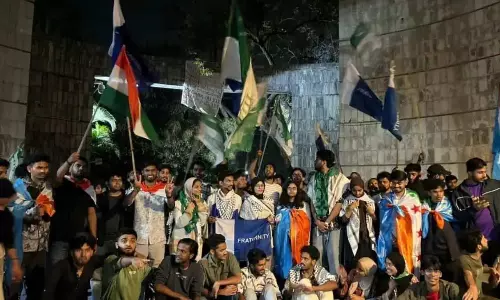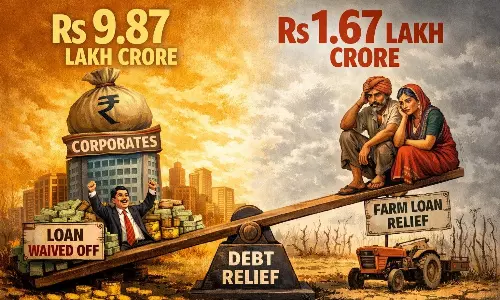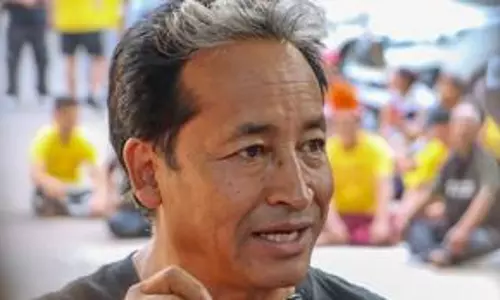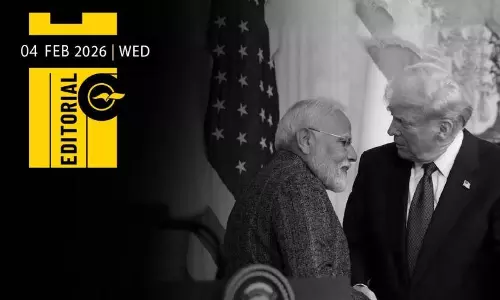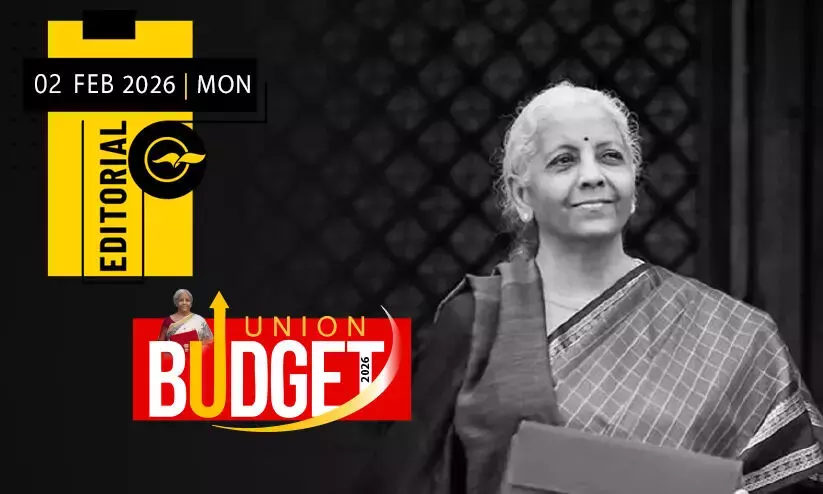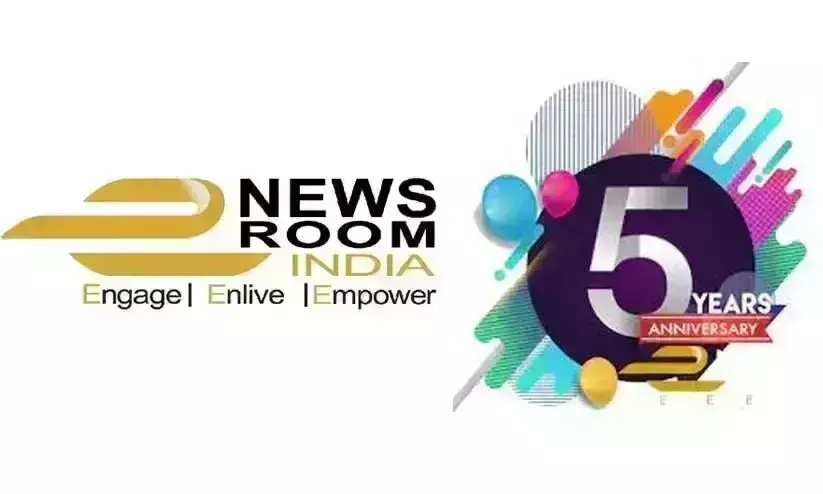
eNewsroom India clocks half a decade
text_fieldseNewsroom India is a digital media organisation that stresses covering news from Tier-2 cities of eastern and central India. This bi-lingual news portal (English and Hindi) focuses primarily on four Indian states—West Bengal, Jharkhand, Madhya Pradesh and Rajasthan.
The media house was established in 2017 by four Kolkata-based journalists—Shahnawaz Akhtar, Shabina Akhtar, Sucheta Chakraborty and Nasreen Khan. Over the years, the portal has emerged as a credible source of news and views about this region or Tier-2 India.
The advocate of old school journalism, eNewsroom has been patronised and mentored by four of India's respected journalists- ND Sharma, Sajeda Momin, Nalin Verma and John Thomas.
In the past five years, it has carried numerous well-researched articles of both regional and national importance. Some of its noteworthy achievements include the reports on mob lynching in Jharkhand and Rajasthan, hunger deaths in Jharkhand, CAA-NRC protests in West Bengal, the 'institutional murder' of activist Stan Swamy and year-long farmers' protest. Our coverage of the Covid-19 pandemic took a close look at the impact of the sudden and prolonged lockdown in the country and the ensuing migrant labour crisis. During the #MeToo movement in India in 2018, the publication was instrumental in bringing to fore stories of harassment meted out to women journalists by their exploitative and powerful editors. Portal's seasoned journalists also brought out excellent ground reports during elections in West Bengal and Jharkhand. Its limited resources notwithstanding, it has conducted live programmes on different platforms such as Facebook-Twitter-YouTube, simultaneously.
The fact that eNewsroom has been able to complete five years of its existence is no mean feat, considering that it has done so without the patronage of any political party, the government, or private corporations—unusual for media organisations that run in the country, today. Unlike other digital media platforms, it has not received any big financial grants from the organisation either.
Founding member Shahnawaz Akhtar feels that eNewsroom is run entirely by journalists gives it an advantage. "It is one of the few institutions in the country run by journalists only," said Akhtar. "Here, you can also read reports of up to 3,000 words, which are done by only a few media outlets in the country. Our stories are mostly exclusive, and we report on subjects largely ignored by the mainstream media."
Akhtar believes India, the world's largest democracy, could benefit from the presence of several small independent media organisations across the country far more than having the media business concentrated in the hands of a few private corporations.
About the company's financial sources, Akhtar said: "We have got small grants, public support and subscriptions to run the day-to-day affairs."
The digital media organisation is also a member of DigiPub News India Foundation, an association of India's digital-only news organisations.
Another co-founder, Sucheta, says, "Understanding the importance of independent media, it was founded. Gradually, it has made its presence felt throughout media space. It talked about truth and truth only."
"Present governments in India are controlling what should be circulated in the media. It is using the media as a tool to do propaganda and brainwash people, but eNewsroom works independently. Our journalists are bringing out the stories that must be told and read," she adds. "For example, stories of migrant workers stranded in far-off countries and their problems are something we don't generally find in any other media outlets. But it has done several such reports."




